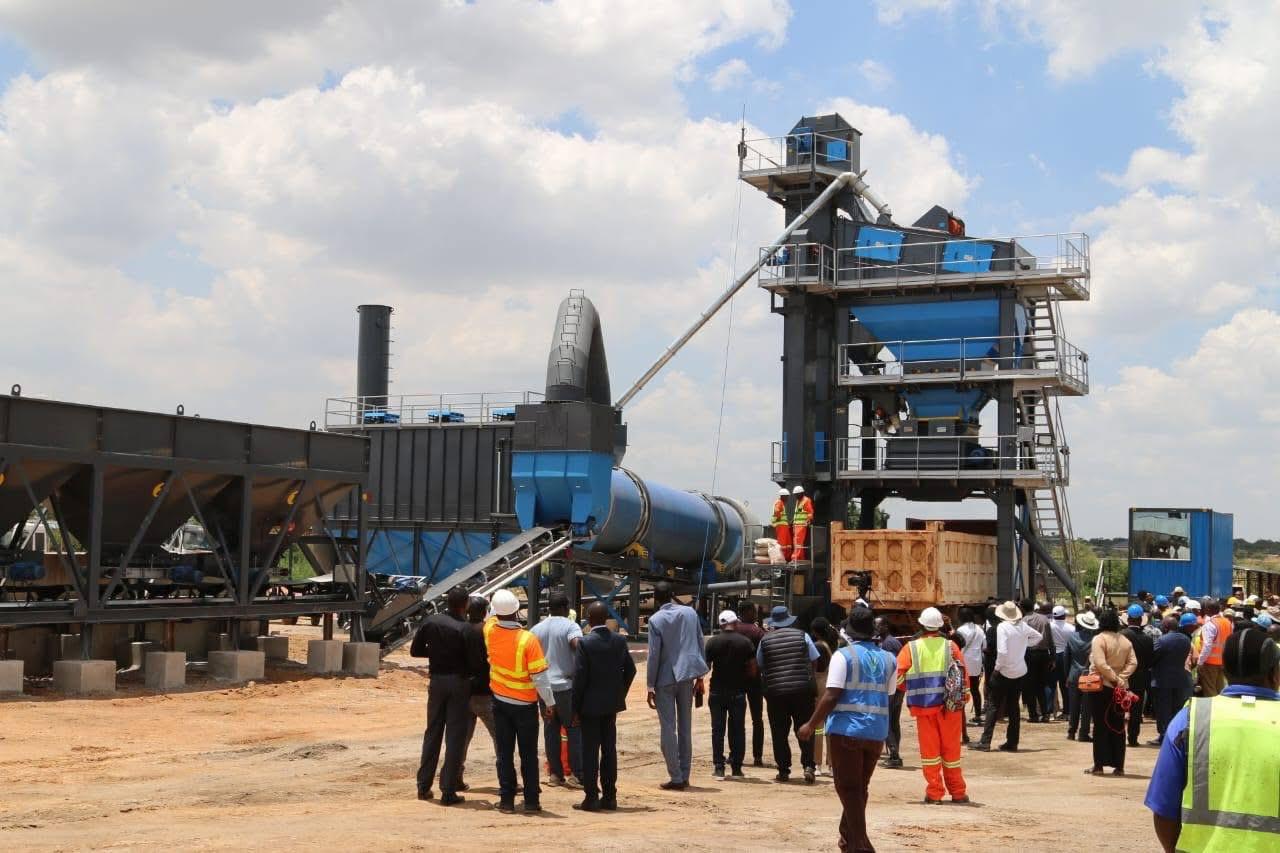
Asphalt batching plants are the backbone of modern road construction, supplying the high-quality asphalt mix required for durable infrastructure. However, operating these plants involves managing high temperatures, combustible materials, heavy machinery, and intricate processes, each posing serious safety risks if not addressed with proper measures.
Establishing and enforcing comprehensive safety protocols at an asphalt batching plant is not only a regulatory necessity but also a moral and operational responsibility. This article outlines why safety is critical, the potential hazards, and practical strategies for safer plant operations.
Why Safety is Crucial in Asphalt Batching Plant Operations
Operating an asphalt batching plant involves synchronized tasks between mechanical systems and plant personnel. From heating bitumen to operating conveyors and mixers, each process must be tightly controlled to avoid accidents that could result in severe injuries, production losses, or equipment damage.
Top reasons to prioritize safety:
- Prevent injuries and life-threatening accidents
- Maintain consistent production without interruptions
- Comply with national and international regulations
- Protect personnel, machinery, and the environment
- Enhance employee morale and operational efficiency
Common Hazards at Asphalt Batching Plants
To implement effective safety protocols, it’s essential to recognize key risk areas:
1. High Temperature Exposure
Bitumen and aggregate materials are processed at over 150°C. Direct contact can cause serious burns, especially during transfer or maintenance activities.
2. Fire and Explosion Hazards
Bitumen, fuel, and other flammable materials, if mishandled or leaked, can ignite and cause fires or explosions.
3. Inhalation of Dust and Fumes
Fumes from hot bitumen and dust from aggregates can lead to long-term respiratory problems if ventilation is inadequate.
4. Mechanical Hazards
Unprotected moving parts, such as conveyors and mixing shafts, pose entrapment or crushing risks.
5. Electrical Hazards
Improperly maintained electrical systems increase the chance of electrocution or short-circuit-induced fires.
Key Safety Measures for Asphalt Batching Plant Operations
To mitigate these risks, every asphalt batching plant must adopt the following safety practices:
1. Comprehensive Employee Training
All plant workers should receive regular training on machine operation, emergency shutdown procedures, hazard recognition, and the use of personal protective equipment (PPE).
2. Mandatory PPE Use
All personnel must wear:
- Heat-resistant gloves
- Protective boots and helmets
- Safety goggles or face shields
- Respirators or dust masks
3. Preventive Maintenance and Routine Inspections
Regular checks help identify equipment issues before they become safety threats. This includes checking fire extinguishing systems, emergency stop functions, and structural integrity.
4. Proper Ventilation and Emission Controls
Install exhaust fans, scrubbers, and fume extraction systems to limit exposure to airborne pollutants in production and control areas.
5. Emergency Preparedness
Equip the plant with clearly marked emergency exits, fire extinguishers, spill kits, and conduct routine emergency drills to ensure swift response during crises.
6. Automation and Remote Monitoring
Modern asphalt batching plants increasingly rely on automated control systems (e.g., SCADA, PLC) to minimize manual operations and reduce human error.
7. Safe Storage and Handling of Materials
Fuel, bitumen, and chemical additives should be stored in secure, labeled, and temperature-controlled environments away from ignition sources.
Regulatory Compliance
Adhering to regulatory standards is non-negotiable. Depending on the country, applicable standards may include:
- OSHA (Occupational Safety and Health Administration)
- ISO 45001 (Occupational Health and Safety Management)
- EPA (Environmental Protection Agency) guidelines for emissions
Failure to comply can result in operational shutdowns, legal action, and damage to company reputation.
The Benefits of a Safety-First Approach
Investing in safety at your asphalt batching plant brings tangible benefits:
- Reduced injury-related downtime
- Lower operational and insurance costs
- Better workforce morale and retention
- Enhanced trust with clients and regulatory bodies
Conclusion
Safety is not a one-time effort—it’s an ongoing commitment that defines the operational success of every asphalt batching plant. From equipment design and worker training to hazard prevention and emergency response, every aspect must be aligned with best practices and compliance requirements.
Whether you’re overseeing daily operations or setting long-term policies, fostering a strong safety culture is the key to sustainable growth and reliability in the asphalt production industry.g a safety-first culture is the key to long-term success in the asphalt production industry.





